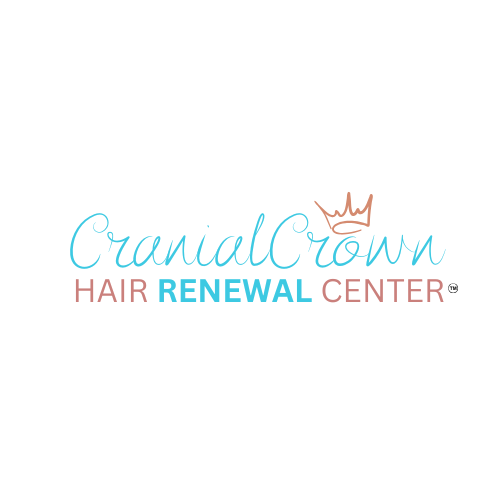Free Healthy Hair Loss E-Book
Lifestyle changes can play a crucial role in addressing and potentially reversing hair loss. Here's a summary of why these changes are important and how they can impact hair health: Download your FREE guide: https://shorturl.at/iBf41
Diet and Nutrition
Balance and Diet- A diet rich in essential nutrients such as vitamins, minerals, and proteins is vital for hair health.
- Key nutrients include biotin, iron, zinc, vitamins A, C, D, and E, and omega-3 fatty acids.
Hydration:
- Staying hydrated ensures that hair follicles receive adequate moisture, preventing dryness and brittleness.
Exercise and Physical Activity
Improved Circulation:
- Regular exercise enhances blood flow to the scalp, providing hair follicles with more oxygen and nutrients.
- Activities like yoga and cardio can be particularly beneficial.
Stress Reduction:
- Exercise helps reduce stress levels, which is important because high stress can lead to hair loss through conditions like telogen effluvium.
Stress Management
Stress Reduction Techniques
- Practices such as meditation, mindfulness, and deep breathing exercises can lower stress levels.
- Reduced stress helps prevent conditions that contribute to hair loss.
Healthy Sleep Patterns:
- Adequate sleep is crucial for overall health and helps reduce stress, promoting hair health.
Avoiding Harmful Hair Practices
Gentle Hair Care:
- Avoid excessive use of heat styling tools, harsh chemicals, and tight hairstyles that can damage hair and scalp.
- Use mild shampoos and conditioners to maintain hair health.
Scalp Care:
- Regularly massage the scalp to stimulate blood flow and use treatments to keep the scalp healthy and free of conditions like dandruff.
Quitting Smoking and Reducing Alcohol Intake
Smoking
- Smoking restricts blood flow to the scalp and damages hair follicles, leading to hair loss.
- Quitting smoking can improve circulation and overall hair health.
Alcohol:
- Excessive alcohol consumption can lead to dehydration and nutritional deficiencies, affecting hair health.
- Reducing alcohol intake supports better nutrient absorption and hydration.
Regular Medical Check-ups
Identify Underlying Conditions
- Regular health check-ups can help detect and manage conditions that contribute to hair loss, such as thyroid disorders and hormonal imbalances.
Professional Guidance:
- Consulting with a healthcare provider or dermatologist can provide personalized recommendations and treatments for hair loss.
Benefits of Seeking a Trained Hair Loss Professional
Expert Diagnosis:
- Trained hair loss professionals can accurately diagnose the cause of hair loss, whether it’s due to genetics, hormonal imbalances, nutritional deficiencies, or other health conditions. Accurate diagnosis is crucial for effective treatment.
Personalized Treatment Plans:
- Professionals can create customized treatment plans based on the individual's specific condition, hair type, and lifestyle. This can include topical treatments, medications, supplements, or non-surgical hair replacement options.
Access to Advanced Treatments
- Hair loss specialists have access to the latest treatments and technologies, such as laser therapy, PRP (Platelet-Rich Plasma) treatments, and advanced hair restoration techniques that may not be available over the counter.
Monitoring and Adjustments:
- Regular follow-ups with a hair loss professional allow for monitoring the effectiveness of the treatment plan and making necessary adjustments. This ensures continuous progress and better outcomes.
Emotional Support
- Hair loss can be emotionally distressing. Professionals provide not only medical advice but also emotional support and counseling to help patients cope with the psychological impact of hair loss.
Preventive Advice:
- Professionals can offer advice on preventive measures to stop further hair loss, such as lifestyle changes, proper hair care routines, and stress management techniques.
Education:
- Hair loss specialists educate patients about their condition and the factors affecting their hair health, empowering them to take proactive steps in managing their hair loss.
In summary, lifestyle changes are crucial for managing and preventing hair loss. A balanced diet, regular exercise, stress management, gentle hair care practices, and avoiding harmful substances like tobacco and excessive alcohol can significantly impact hair health. Additionally, regular medical check-ups can help identify and treat underlying conditions that may contribute to hair loss.
Seeking a trained hair loss professional adds significant value to this approach. Professionals provide accurate diagnosis, personalized treatment plans, access to advanced treatments, continuous monitoring, and emotional support. By combining lifestyle changes with professional guidance, individuals can effectively address hair loss and achieve healthier, more resilient hair.
